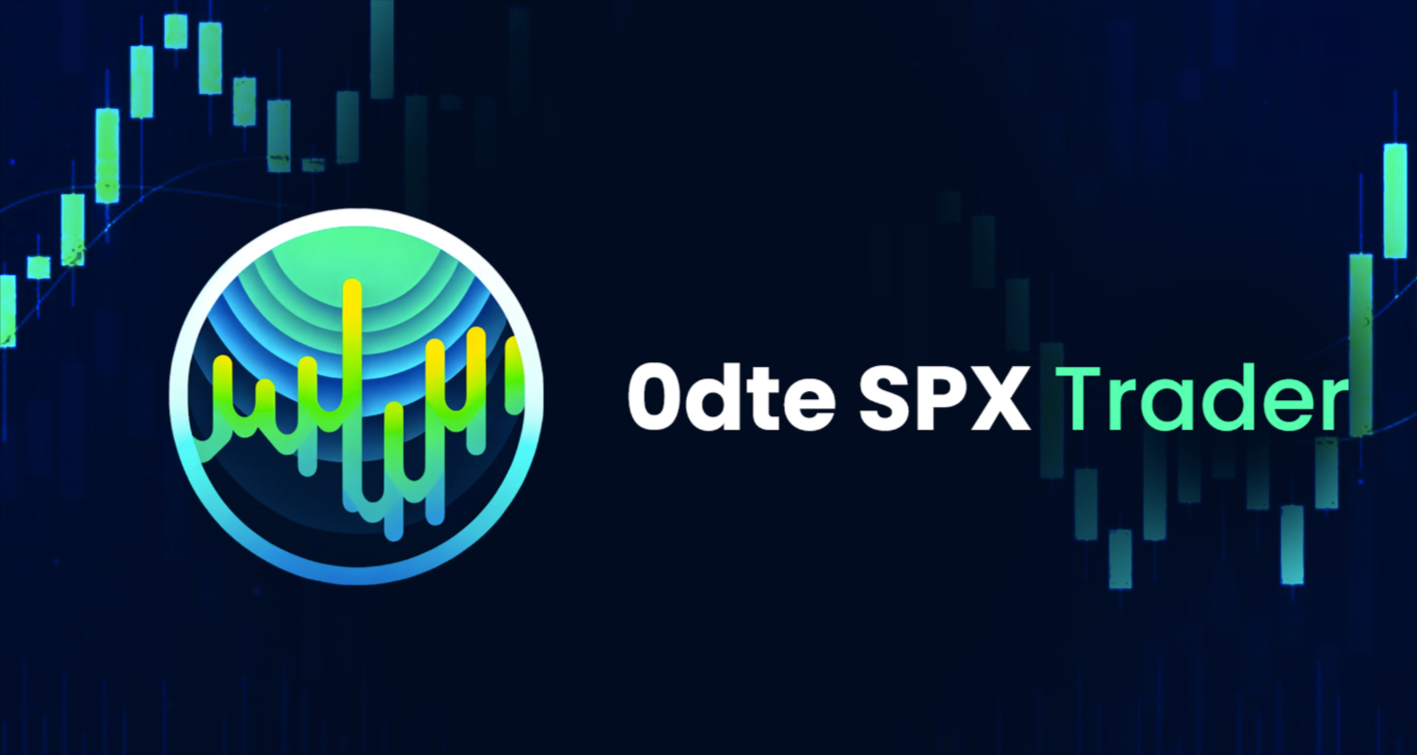What does FOK mean in stocks?
If you’re an investor in the stock market, chances are you’ve heard of FOK (Fill or Kill) orders. But what does it stand for, and how can it help your trading strategy? In this comprehensive article, we’ll delve into the intricacies of how FOK works and explore the potential advantages of incorporating this type of order into your trading approach.
Whether you’re a new trader looking to expand your knowledge or a seasoned investor seeking to refine your skills, understanding the nuances of FOK will provide you with another valuable tool to optimise your performance in the dynamic stock market. Get ready to unlock the power of FOK and take your trading game to the next level.
Defining the Acronym “FOK” in Stocks
If you’re new to trading stocks, you may have encountered the acronym “FOK” and wondered what it stands for. FOK is short for “Fill or Kill,” a trading order requiring immediate execution or cancellation. It means that if a trader places a FOK order to buy or sell a stock, the order must be filled in its entirety immediately, or it will be cancelled.
FOK orders are often used in fast-moving markets where traders want to ensure they get the desired stock price without delay. It’s essential to understand the different types of trading orders when trading stocks and FOK is just one of many that can be utilised to increase the chances of success.
What Does FOK Mean in Terms of Trading Orders
In essence, FOK orders are a limit order that requires immediate execution or cancellation. A limit order is an instruction given to a broker to buy or sell a stock at a specific price. Once the stock reaches that price, the limit order becomes active, and the trade will be executed at the specified price or better. Limit orders can also include additional instructions, such as the duration of the order, which can be good until cancelled (GTC) or day orders.
With a standard limit order, there is no guarantee that the trade will be executed immediately. Depending on market conditions, it may take some time for the stock to reach the specified price and fill the order. However, with FOK orders, immediate execution is required, or else the order will be cancelled. It can be advantageous for traders who want to get a specific price for their stock without delay.
A Breakdown of the Benefits of FOK Orders
So, what are the potential benefits of using FOK orders in your trading strategy? Let’s look at some advantages of incorporating this type of order into your approach. By requiring immediate execution or cancellation, FOK orders can help traders avoid delays and potentially save time when entering or exiting trades. In fast-paced markets, every second counts, and FOK orders can provide the speed and efficiency needed to stay ahead of market movements.
Moreover, by ensuring immediate execution, FOK orders can help traders avoid price slippage. Slippage occurs when there is a difference between the expected price of a trade and the actual executed price due to market volatility or delays in order processing. With FOK orders, traders can reduce the risk of slippage and have more control over their trade execution.
Exploring the Drawbacks of FOK Orders
While there are clear benefits to using FOK orders, it’s essential also to consider the potential drawbacks. One of the main downsides of FOK orders is that they can limit a trader’s flexibility. By requiring immediate execution or cancellation, FOK orders do not allow for any adjustments to be made once the order has been placed. If market conditions change, the trader may miss out on potential opportunities or take losses due to the inability to adjust their order.
Another disadvantage of FOK orders is that they can potentially increase trading costs. Since FOK orders require immediate execution, there is a higher chance of the order being executed at the current market price, which may not necessarily be the desired price for the trader. It could result in higher trading costs, especially if the stock is highly volatile and subject to price fluctuations.
Picking the Right Order for Your Trades
Choosing FOK orders will ultimately depend on individual trading styles and market conditions. Some traders may find that the speed and efficiency of FOK orders align with their goals and strategies, while others may prefer more flexibility in their trading approach. Understanding the potential benefits and drawbacks of various trading orders and assessing which ones work best for your trading style is essential.
In conclusion, FOK orders are an essential tool in the stock market that can help traders ensure immediate execution and avoid slippage. By understanding what FOK stands for and how it works, traders can incorporate it into their trading strategies to optimise their performance and achieve success in the dynamic world of stocks.









